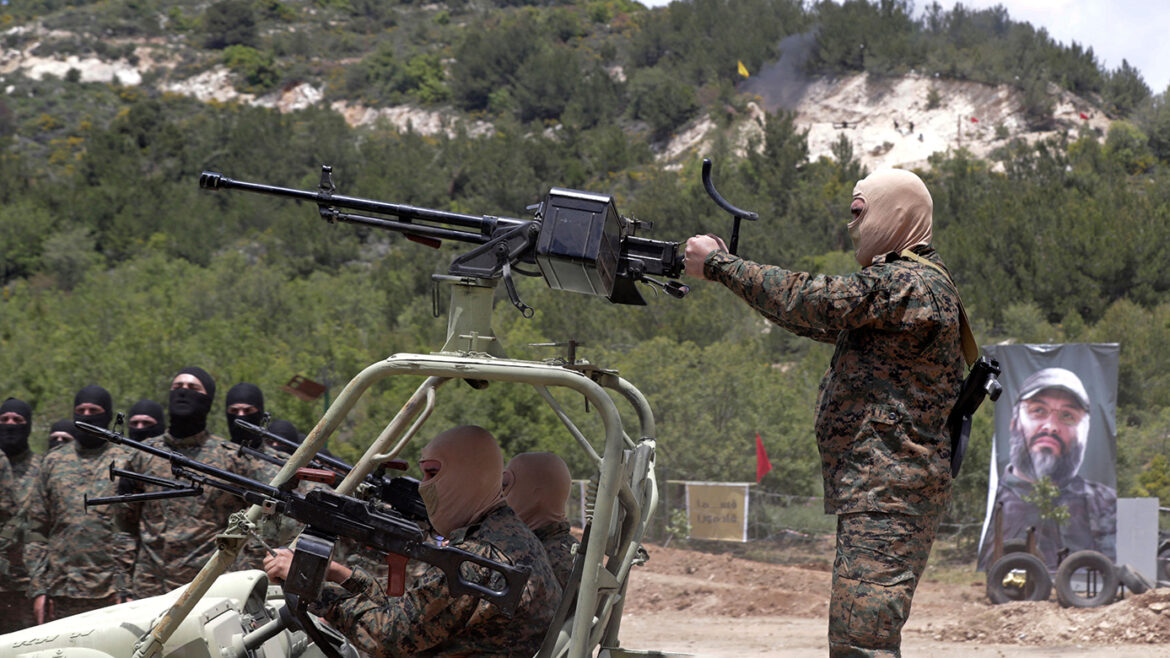By Desmond Nleya, Daily Times Reporter
Dubai, 20 October- FOLLOWING the surprise attack on Israel by Hamas on October 7,2023, no one would have thought that the war will take more than a full calender year.
The attack came when there was already a cauldron of conflict in the region, but recent escalations between Israel, Lebanon, and Iran have pushed the region into an even more precarious situation.
Last week the region saw a surge of violence — with Israel launching strikes into Lebanon and Iran retaliating with missile attacks on Israel.
The Current Crisis
Israel’s airstrike on Lebanon, allegedly targeting Hezbollah positions, is part of a wider pattern of confrontations that have simmered for years. The relationship between Israel and Hezbollah, the Iran-backed militant group that operates from southern Lebanon, has been fraught with violence since the 2006 Lebanon War.
The recent attacks are seen by many as a continuation of Israel’s broader strategy to neutralize Hezbollah’s growing influence and military capability, particularly along its northern border.
However, this latest strike appears to have opened a more dangerous front, as Iran has responded by launching missile attacks on Israeli territory. This marks a significant escalation, since Iran’s involvement goes beyond proxy wars and support for Hezbollah. By directly attacking Israel, Tehran is signaling that it will not sit idly by as Israeli forces continue their offensive in Lebanon or target Iranian interests in Syria and beyond.
The Broader Geopolitical Context
The Israel-Iran conflict is not a new one. For years, the two countries have been locked in a shadow war, with Israel regularly carrying out airstrikes on Iranian military assets in Syria, aimed at preventing Tehran from establishing a permanent military presence in the region. In turn, Iran has been involved in various asymmetric campaigns, primarily through its proxies, to challenge Israeli interests. Hezbollah, Hamas in Gaza, and other militias in Iraq and Syria have acted as extensions of Iran’s reach, creating a complex web of conflict.
However, what makes the current situation particularly worrisome is the increased risk of direct confrontation between these two regional powers.
Lebanon: Caught in the Middle
For Lebanon, Hezbollah’s role as both a political and military force in Lebanon complicates matters further. While it wields significant influence, it also puts the country at risk of being dragged into wider regional conflicts.
Israel’s actions in Lebanon, while ostensibly aimed at Hezbollah, carry the risk of destabilizing the already fragile Lebanese state. Civilian casualties and infrastructure damage could provoke a wider backlash against Israel, not just from Hezbollah but from other Lebanese factions. The Lebanese government, weak as it is, could face internal turmoil if it is perceived as being unable to protect its citizens from Israeli aggression or from Hezbollah’s provocations.
The Role of the International Community
The international community has been slow to respond to these latest developments. The U.S., a staunch ally of Israel, has reiterated its support for Israel’s right to defend itself but has not taken significant diplomatic steps to de-escalate the situation.
The United Nations has called for both sides to cease hostilities, but as has often been the case in this region, words from international bodies carry little weight.
The Iranian Perspective
From Iran’s perspective, the missile attacks on Israel are part of a larger strategy to assert its regional dominance and to challenge the perceived encirclement by Israel and its allies, particularly the U.S. and some Gulf states. Iran sees its involvement in Lebanon, Syria, Iraq, and Yemen as part of a larger struggle to protect its interests and to spread its ideological influence. The more pressure Israel and its allies place on Tehran, the more likely Iran is to retaliate, either directly or through its proxies.
Iran’s missile attack is also a message to its domestic audience. As Iran faces its own internal pressures — from economic sanctions to popular discontent over governance issues — projecting strength abroad can be a means of shoring up domestic support. The confrontation with Israel offers an opportunity for the regime in Tehran to rally nationalist sentiment and distract from the country’s economic woes.
What next
Diplomacy, as difficult as it may seem in this moment, is the only way to prevent a wider war. Both Israel and Iran must recognize that continued escalation will lead to a conflict with no clear winner, one that will devastate the region and potentially draw in outside powers with catastrophic consequences.
The United States, as a key player in the region, needs to take a more active role in de-escalating tensions.
Rather than solely backing Israel militarily, Washington could lead efforts to bring both sides to the negotiating table, possibly through back-channel talks or by involving neutral third parties like European states.
One year of war, Several enemies: The Escalating Crisis between Israel, Lebanon, and Iran
171
previous post


